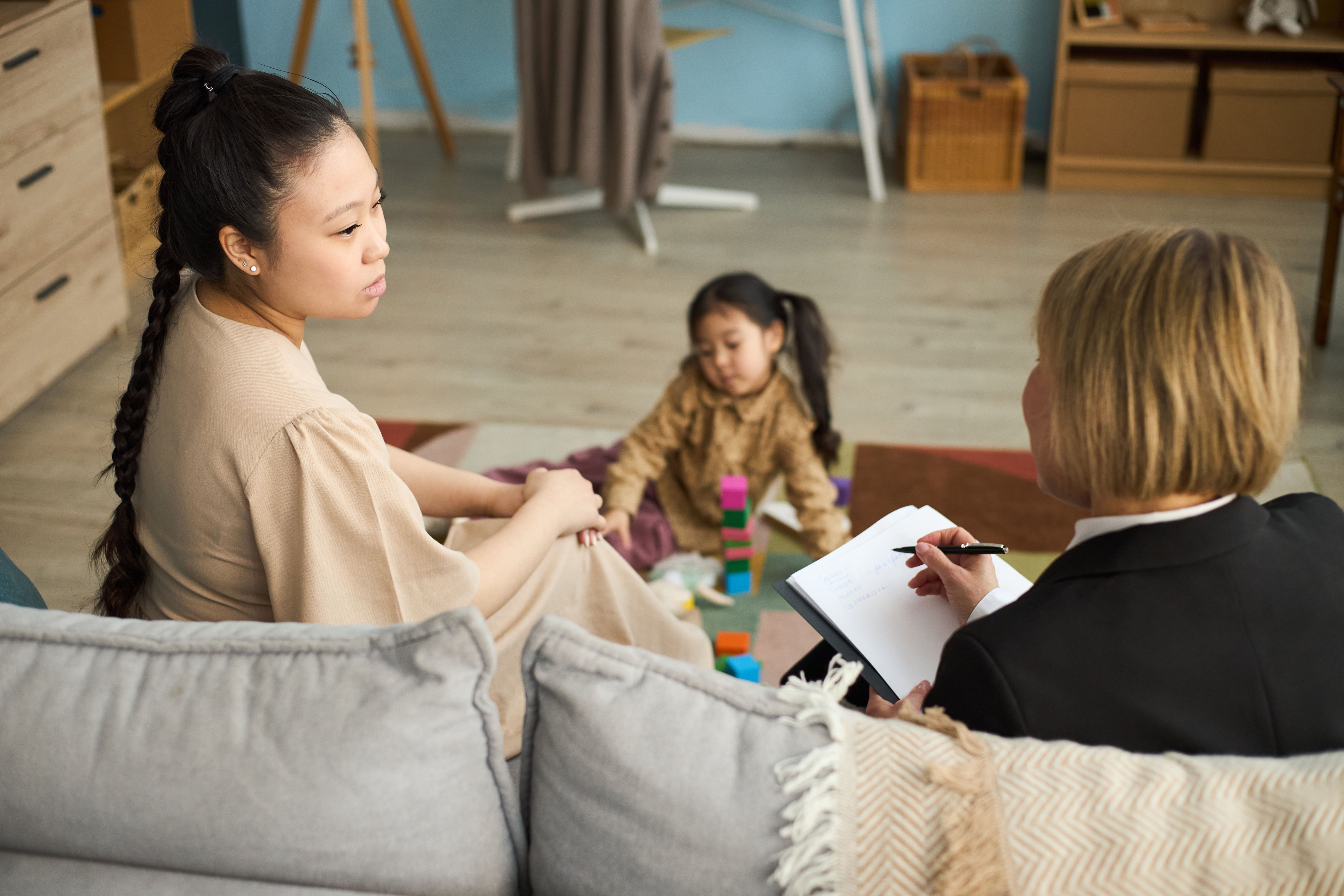Family Counselling Communication Skills
Understanding the Importance of Healthy Communication
Healthy communication is the cornerstone of strong family relationships. It acts as a bridge that connects parents, children, and loved ones, allowing them to share thoughts, feelings, and experiences openly. Without effective communication, misunderstandings can quickly grow into conflict, frustration, and emotional distance. This is where family counselling in Chilliwack or Salmon Arm can make a real difference. By prioritizing open dialogue, families can rebuild trust, reduce tension, and create a supportive environment for everyone involved.
When family members learn to communicate more effectively, they are more likely to feel heard, valued, and respected. This sense of belonging is crucial for emotional well-being and for strengthening family bonds. Counselling offers strategies that go beyond talking — it teaches active listening, empathy, and the use of positive non-verbal communication. These tools help families navigate challenges, break unhelpful patterns, and develop healthier ways of connecting.

Practicing Active Listening
Active listening is a critical component of healthy communication. It involves paying full attention to the speaker, understanding their message, and responding thoughtfully. By practicing active listening, family members can show that they care about each other's perspectives and are committed to resolving conflicts amicably.
Here are some ways to practice active listening within the family:
- Maintain eye contact to show engagement.
- Avoid interrupting while someone else is speaking.
- Reflect on what has been said by summarizing or paraphrasing.
- Ask questions for clarity if needed.
Encouraging Open Dialogue
Creating a safe space for open dialogue is essential for healthy family communication. When family members feel secure in expressing their thoughts and emotions, they are more likely to share honestly and openly. This openness can prevent misunderstandings and foster deeper connections.
To encourage open dialogue, families can:
- Set aside regular time for family discussions.
- Create an environment free from judgment or criticism.
- Encourage each member to share their thoughts without fear of repercussions.

Resolving Conflicts Constructively
Conflicts are inevitable in any family, but resolving them constructively can enhance relationships rather than harm them. Effective conflict resolution involves addressing issues directly and respectfully, without resorting to blame or negative language. By focusing on solutions rather than problems, families can find common ground and move forward together.
Some tips for resolving conflicts constructively include:
- Acknowledge the other person's feelings and perspective.
- Stay calm and composed during discussions.
- Work together to find a compromise or solution.
The Role of Empathy in Communication
Empathy plays a crucial role in strengthening family bonds through communication. By putting themselves in each other's shoes, family members can better understand and appreciate each other's viewpoints and emotions. This understanding fosters compassion and reduces the likelihood of conflicts arising from misinterpretation or assumptions.
Empathy can be expressed by:
- Validating each other's feelings.
- Offering support during challenging times.
- Showing appreciation for each other's contributions to the family.

Building Trust Through Communication
Trust is the foundation of any strong relationship, and healthy communication is essential in building and maintaining this trust within families. When family members communicate openly and honestly, they demonstrate reliability and integrity, reinforcing trust among them. Trust allows families to navigate challenges confidently and strengthens their unity.
To build trust through communication:
- Be consistent with your words and actions.
- Keep promises and commitments.
- Be honest, even when it’s difficult.
Cultivating Positive Communication Habits
Cultivating positive communication habits requires effort and commitment but yields lasting benefits for family relationships. Families that prioritize effective communication enjoy stronger bonds, greater harmony, and increased resilience in the face of life's challenges. By focusing on active listening, open dialogue, empathy, conflict resolution, and trust-building, families can create a nurturing environment where all members thrive.
The journey towards strengthening family bonds through healthy communication is ongoing but incredibly rewarding. As families work together to improve their communication skills, they lay the foundation for lifelong connections filled with love and understanding.
👉 Book your family counselling session today and start building stronger relationships for the future.